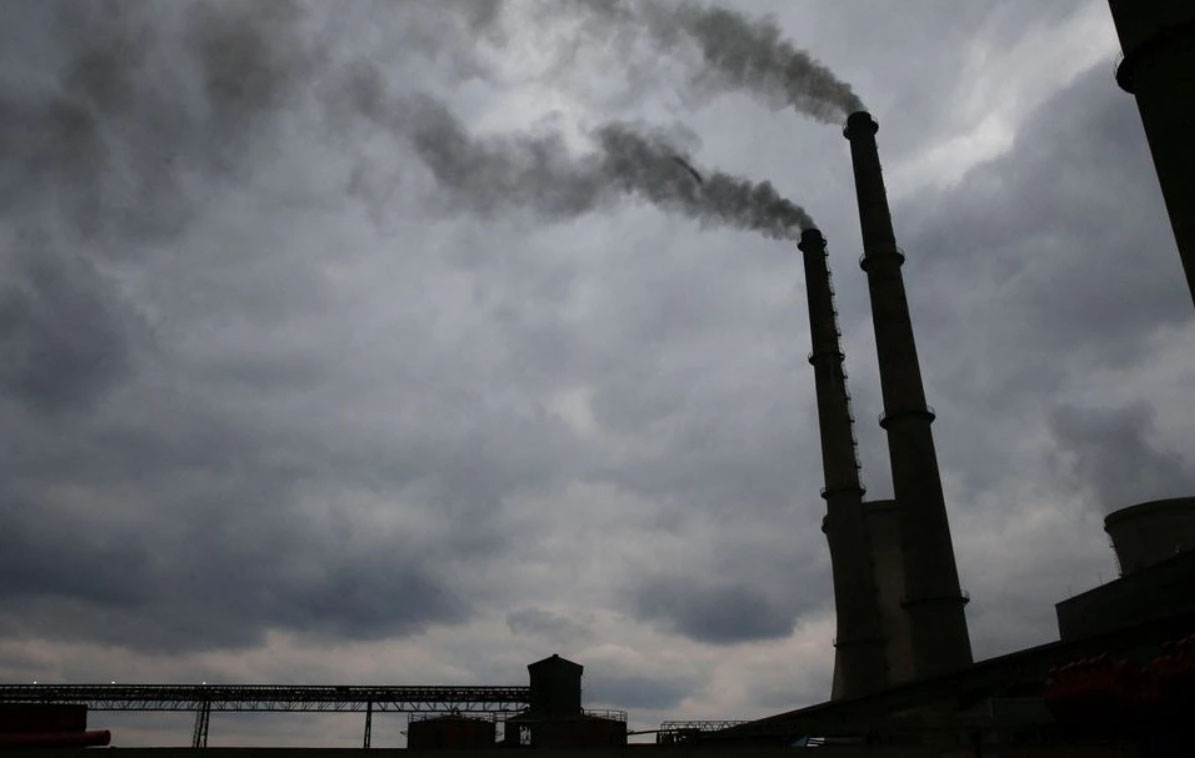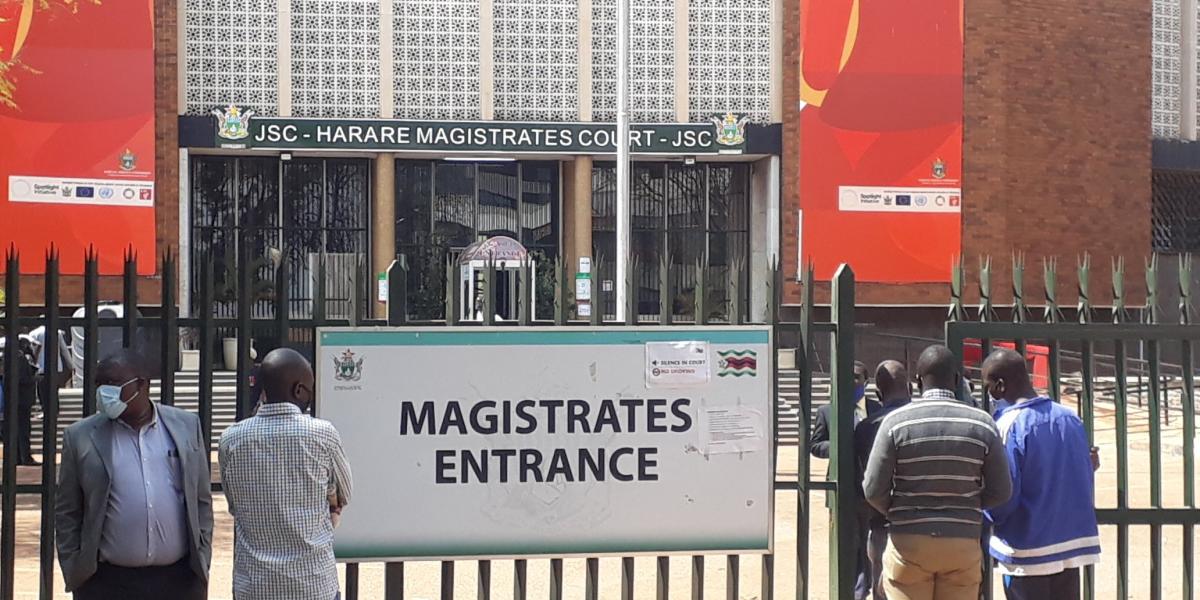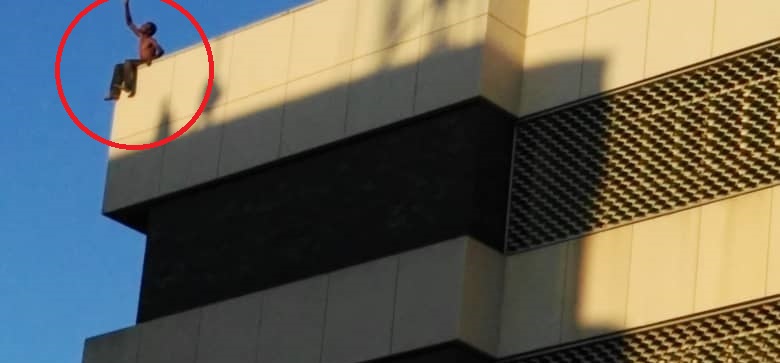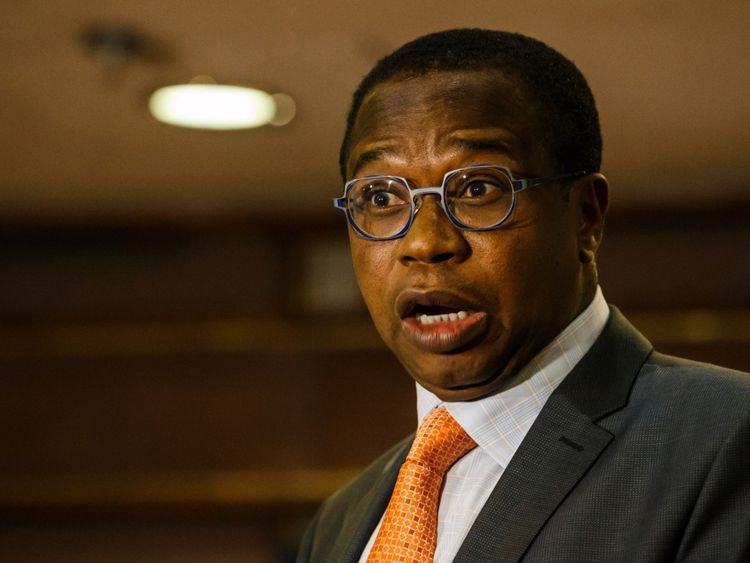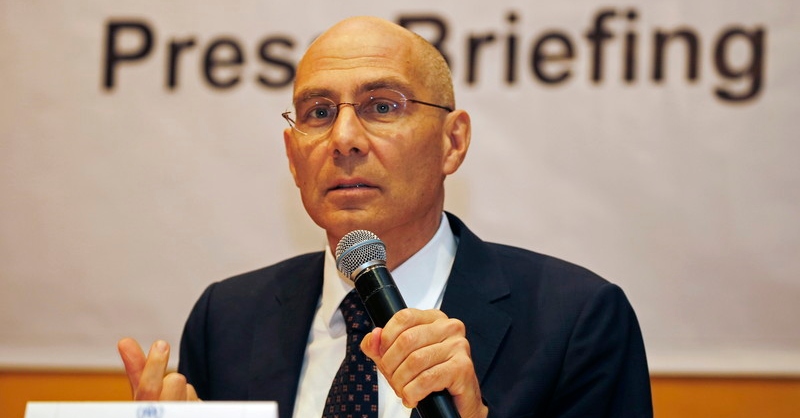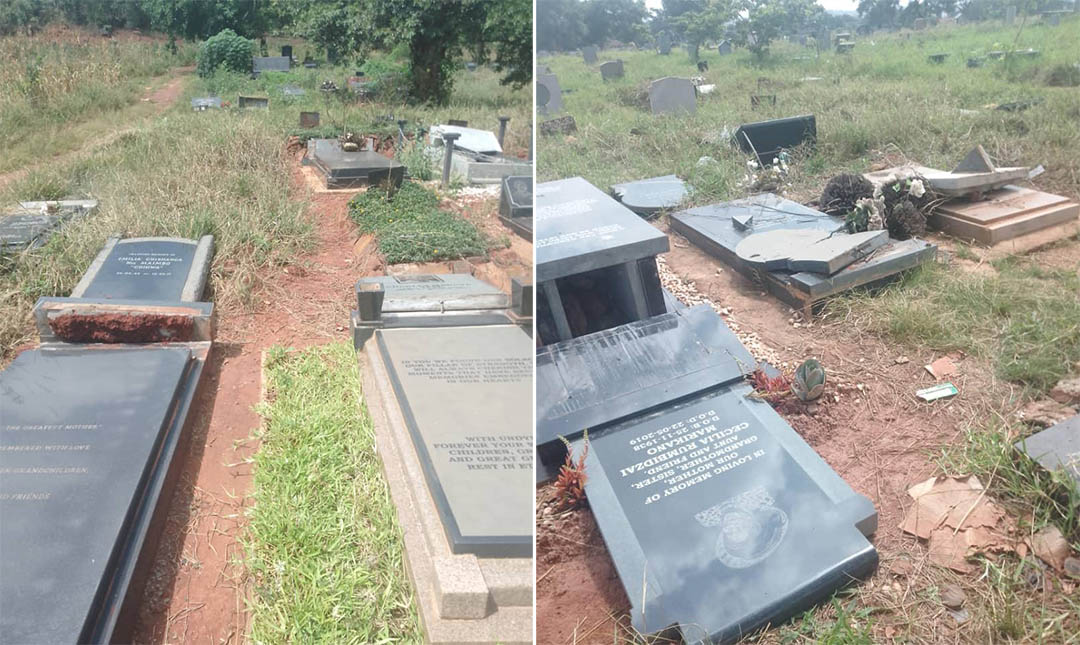HARARE – Zimbabwe’s power outages could ease from March 20 after power utility ZESA announced that it would begin drawing power from a new 300 MW unit at the coal-fired Hwange power station.
Hwange Unit 7 is set to begin a “synchronization process” from Monday during which it will feed power to the national grid. Testing could last up to six weeks, a ZESA spokesman said.
Unit 8, which is also close to completion and is expected to deliver another 300 MW, is set to come on stream in April, George Manyaya said.
He added: “A lot of technical work has been done to ensure we deliver a robust system. Commissioning is a delicate procedure and has to be done diligently.
“We’re pleased that we have conformed to the standards. We’re also satisfied that based on tests that have been taking place since December 2022, the Hwange 7 and 8 units have been well-designed and built to world standards.”
Zimbabweans are currently enduring power cuts lasting up to 18 hours due to restricted generation at Kariba hydro power station, constant breakdowns of Hwange’s ageing generators and ZESA’s inability to pay for electricity imports.
“There have been challenges in the electricity supply owing to technical challenges at our power stations and Zimbabwe’s capacity to pay for imports. The Hwange expansion project will close the demand and supply gap,” Manyaya said.
On Friday, Zimbabwe was generating 315 MW at Hwange, 241 MW at Kariba and 11 MW at the coal-powered Harare Power Station for a total of 567 MW before imports and power from independent producers.
The new unit of the Hwange power plant will lift the Zimbabwe’s installed capacity by more than 14 percent to 2,400 MW, although the country continues to generate far less.
The government says the country’s peak electricity demand is 1,700 MW.
